Current Situation Overview
EU Decision: The EU has outright denied Nicolás Maduro’s democratic legitimacy due to the lack of verifiable records.
Josep Borrell's Statements: The EU’s high representative emphasized that Maduro will remain a de facto president without international recognition.
Political Consequences: Spain has proposed sanctions, but member states have yet to reach a consensus.
A Climate of Distrust
Josep Borrell's statement is clear: "We cannot accept Maduro's legitimacy as an elected president." This assertion resonates internationally, reflecting not just the EU's stance but also a profound discontent with Venezuela’s electoral process. The absence of verifiable records symbolizes the regime's opacity—a theme that has permeated media and political narratives about the country.
From a neuromarketing perspective, it’s fascinating to see how a lack of transparency breeds distrust. The perception of a fraudulent electoral process undermines not only the ruler’s legitimacy but also impacts the psychological health of the populace, who increasingly feel alienated from their institutions. This manifests in heightened social tension and mobilization of citizens demanding change.
The Opposition's Response
Edmundo González Urrutia, a key opposition figure, underscores the importance of international solidarity in the fight for democracy in Venezuela, especially during his appearance at the European Council meeting. The opposition's strategy, marked by resilience and alliance-building, revolves around the idea of imminent change. Neuroscience teaches us that hope is a powerful motivator; in this light, the opposition has managed to keep the flame of resistance alive.
Maria Corina Machado, another prominent opposition leader, declared, "The Venezuelan people have decided to move towards freedom." This rallying cry appeals to both emotion and rational analysis of the situation, combining both aspects—emotion and reason—which are crucial for societal mobilization in times of crisis.
International Reactions
The EU’s stance aligns with other international players questioning Maduro's legitimacy. However, the lack of consensus among European nations on imposing sanctions illustrates the complexity of the situation. While some countries advocate for stronger measures, others prefer a more conciliatory approach, complicating efforts to forge a united front.
This dilemma exemplifies cognitive dissonance theory, where nations must reconcile their democratic values with the reality of a regime that perpetuates authoritarianism. The lack of consensus not only weakens the EU’s position but can also be seen as a sign of vulnerability against a regime clinging to power.
A Snapshot of the Current Situation in Venezuela:
What’s up with Latin American leaders who deny the undeniable?
It’s still baffling that leaders like Petro, AMLO, and Lula deny the crimes, repression, and fraud, along with the 8.5 million migrants fleeing an undeniable, irrefutable dictatorial regime that has historically engineered coups instead of revolutions. Despite Venezuela's vast wealth, it has failed miserably in resource and cultural management.
Long-Term Consequences
The EU and other international actors refusing to recognize Maduro’s legitimacy have profound implications for Venezuela's future. This lack of legitimacy could lead to greater isolation for the regime, limiting its international options. Furthermore, potential sanctions might exacerbate the already critical economic and social crisis facing the country.
From a social neuroscience perspective, this isolation could deepen internal polarization. The perception that the regime is under attack from external forces might strengthen support among its backers, further delegitimizing the opposition in the eyes of those still supporting Maduro.
Conclusions and Reflections
The EU’s decision not to recognize Nicolás Maduro as the legitimate president marks a turning point in the Venezuelan crisis.
IG: @infonegociosmiami
IG: @infonegociosmiami
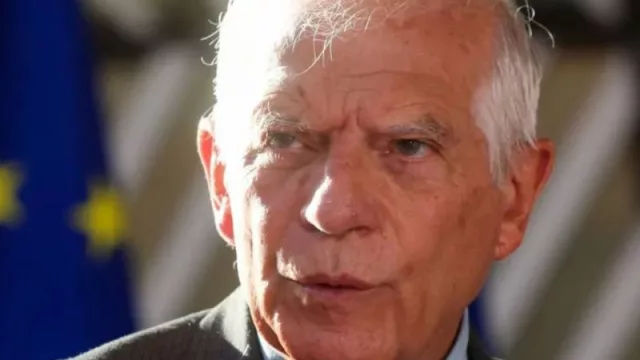
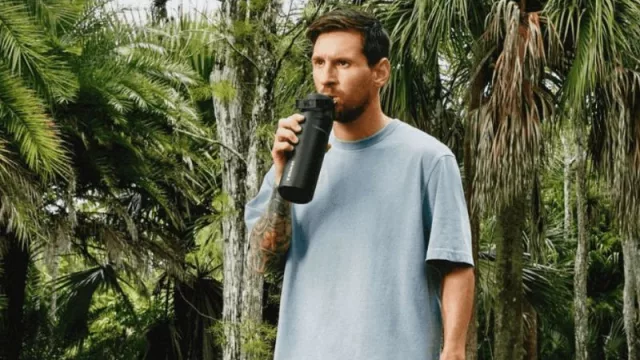

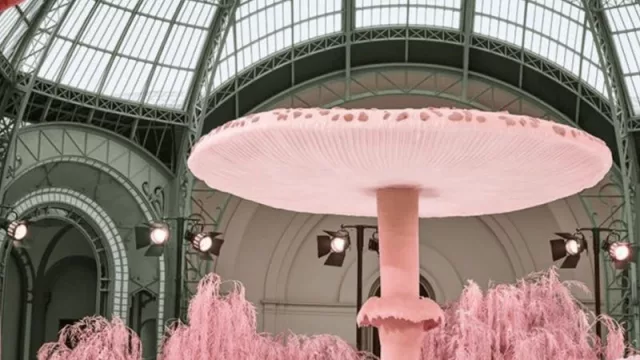
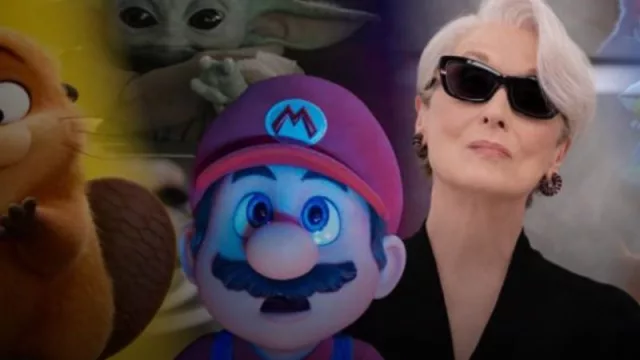
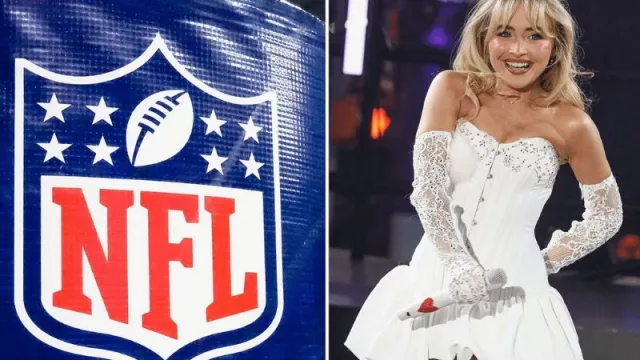

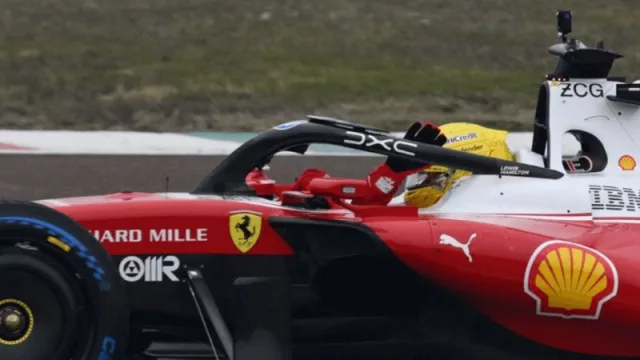

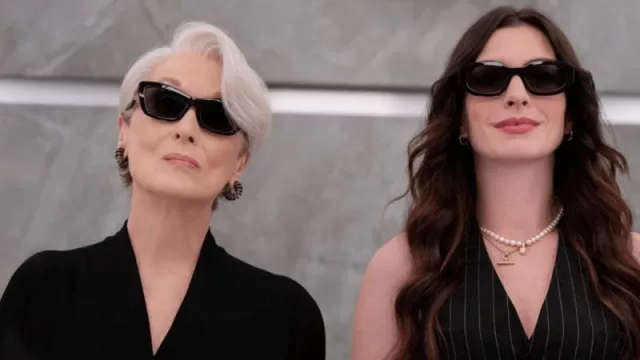
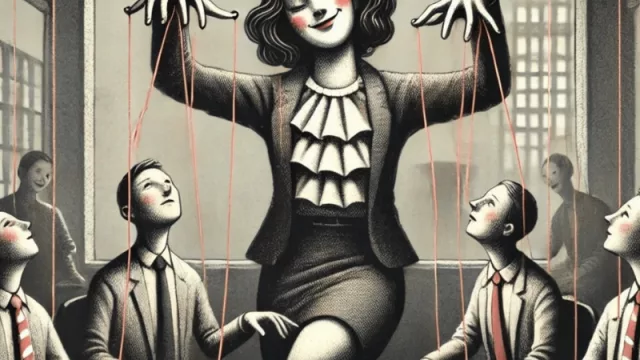

Tu opinión enriquece este artículo: